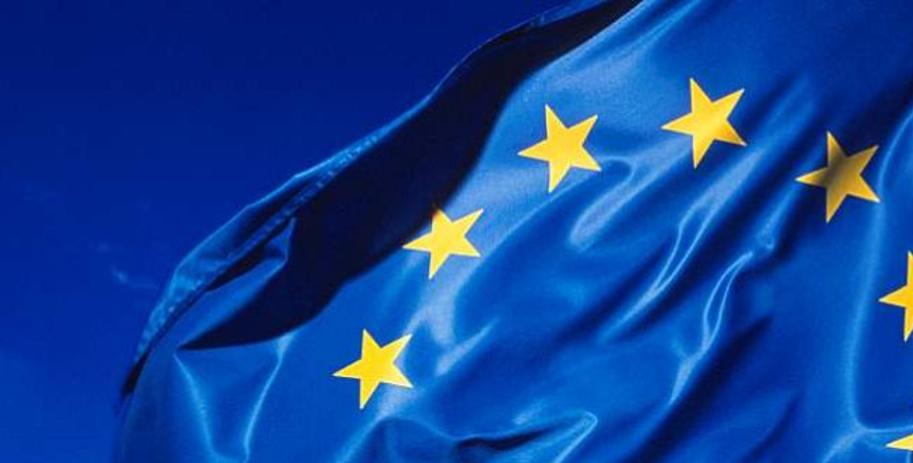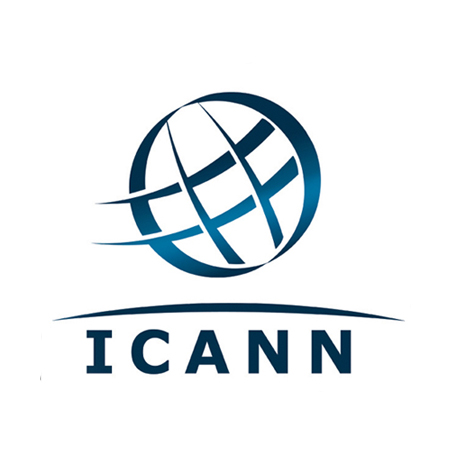 It was adopted on 14 April 2016 and after a 2-year transition period it becomes enforceable on 25 May 2018. Yet despite this timeframe, ICANN only approved a Temporary Specification for gTLD Registration Data to comply with the European Union’s General Data Protection Regulation on 17 May, with a draft published on 11 May. But it only gives registries and registrars 7 days to finalise and implement changes to their systems, or 14 days if they started when the draft was published. That is if they waited for ICANN’s snail-like process to take place.
It was adopted on 14 April 2016 and after a 2-year transition period it becomes enforceable on 25 May 2018. Yet despite this timeframe, ICANN only approved a Temporary Specification for gTLD Registration Data to comply with the European Union’s General Data Protection Regulation on 17 May, with a draft published on 11 May. But it only gives registries and registrars 7 days to finalise and implement changes to their systems, or 14 days if they started when the draft was published. That is if they waited for ICANN’s snail-like process to take place.
The GDPR has been developed by the European Commission to give individuals more control over their data that businesses hold, including domain name Registries and Registrars. It also applies to businesses outside of the EU that hold data on citizens and residents of the EU. It’s impact is far-reaching and penalties for breaches are severe – fines of up to €20 million or up to 4% of the annual worldwide turnover, whichever is greater.
 ICANN’s approval of a Temporary Specification [pdf] is the result of 12 months of consultation with the community and “is an important step towards bringing ICANN and its contracted parties into compliance with GDPR,” said ICANN’s Chair Cherine Chalaby. “While there are elements remaining to be finalised, the adoption of this Temporary Specification sets us on the right path to maintaining WHOIS in the public interest, while complying with GDPR before its 25 May enforcement deadline.”
ICANN’s approval of a Temporary Specification [pdf] is the result of 12 months of consultation with the community and “is an important step towards bringing ICANN and its contracted parties into compliance with GDPR,” said ICANN’s Chair Cherine Chalaby. “While there are elements remaining to be finalised, the adoption of this Temporary Specification sets us on the right path to maintaining WHOIS in the public interest, while complying with GDPR before its 25 May enforcement deadline.”
One can’t help but feel it’s an extraordinary failure by ICANN and the community given the time they’ve had to develop a solution. The Temporary Specification will be revisited by the ICANN Board in 90 days, if required, to reaffirm its adoption. And whether the Temporary Specification meets European Commission’s requirements remains to be seen. In early April the EC’s Article 29 Data Protection Working Party wrote to ICANN [pdf] noting they weren’t satisfied with what ICANN had then proposed.
So what will happen on 25 May? Registry Operators and Registrars will still be required to collect all WHOIS information for generic top level domains (gTLDs). However, WHOIS queries will only receive “Thin” data in return, which includes only technical data sufficient to identify the sponsoring Registrar, status of the registration, and creation and expiration dates for each registration, but not personal data. For third parties with legitimate interests in gaining access to the non-public data held by the Registry Operator or Registrar, there are still ways to access that data. Queries can be made through the sponsoring Registrar and they are obligated to respond in a reasonable time. If a response is not received, ICANN will have a complaint mechanism available. If it is thought individual parties are not complying with their obligations under these temporary specifications or their agreements with ICANN, ICANN’s Contractual Compliance Department can be contacted to file a complaint.
The changes are not unlike those being implemented by several European country code top level domain (ccTLD) registries. And while quite a few Registries and Registrars will have been waiting (or rather sweating) on ICANN’s announcement this week, some decided they couldn’t wait and have been developing solutions on what they believed ICANN’s response would have been.
Within Europe, some ccTLDs, such as the Austrian registry nic.at have implemented a “thin” model for individuals registering domain names, but legal entities or businesses will continue to have “thick” WHOIS data published. Others such as DENIC, the German ccTLD registry, will only record the contact details of the domain name registrant, two additional email addresses as contact points for abuse reports and general and technical requests as well as the usual technical domain data, which is similar to the ICANN model.
Registrars are frustrated. One, the German EPAG, which is part of the Tucows group, spoke of their frustrations to Domain Pulse at the Domain Pulse conference (unrelated) in Munich in February.
“We wish that ICANN had started work on this a year ago,” said Ashley La Bolle, Managing Director of EPAG Domainservices GmbH. “Of course, we will try to accommodate changes, but in absence of new consensus policies, we have to develop solutions that we believe will ensure our own compliance with the law.”
“The domain industry has been really late to the game on GDPR implementation,” La Bolle went on to say. She noted how frustrating it was that the entire industry was slow to develop solutions and that solutions were only beginning to be finalised back then. The changes require significant resources to be thrown at implementing changes. In an industry that operates on razor-thin margins, it’s not an ideal situation.
“The GDPR requires contracts to be revised, additional staff training, and customer education. Our approach has been to change our systems and processes to handle as much of the impact of the GDPR as possible so that our customers can continue to use our services as they always have.”
It has also been claimed that the changes will be a boon for cybercriminals. While Krebs on Security admit that while “cybercriminals don’t use their real information in WHOIS registrations … ANY information they provide — and especially information that they re-use across multiple domains and cybercrime campaigns — is invaluable to both grouping cybercriminal operations and in ultimately identifying who’s responsible for these activities.” And while some cybercriminals do take advantage of privacy protection services, “based on countless investigations I have conducted using WHOIS to uncover cybercrime businesses and operators, I’d wager that cybercrooks more often do not use these services.”
Krebs also notes that while “it is true that the European privacy regulations as they relate to WHOIS records do not apply to businesses registering domain names … the domain registrar industry — … operates on razor-thin profit margins and which has long sought to be free from any WHOIS requirements or accountability whatsoever. Krebs believes they “won’t exactly be tripping over themselves to add more complexity to their WHOIS efforts just to make a distinction between businesses and individuals.”
“As a result, registrars simply won’t make that distinction because there is no mandate that they must. They’ll just adopt the same WHOIS data collection and display polices across the board, regardless of whether the WHOIS details for a given domain suggest that the registrant is a business or an individual.”
This latest Domain News has been posted from here: Source Link
